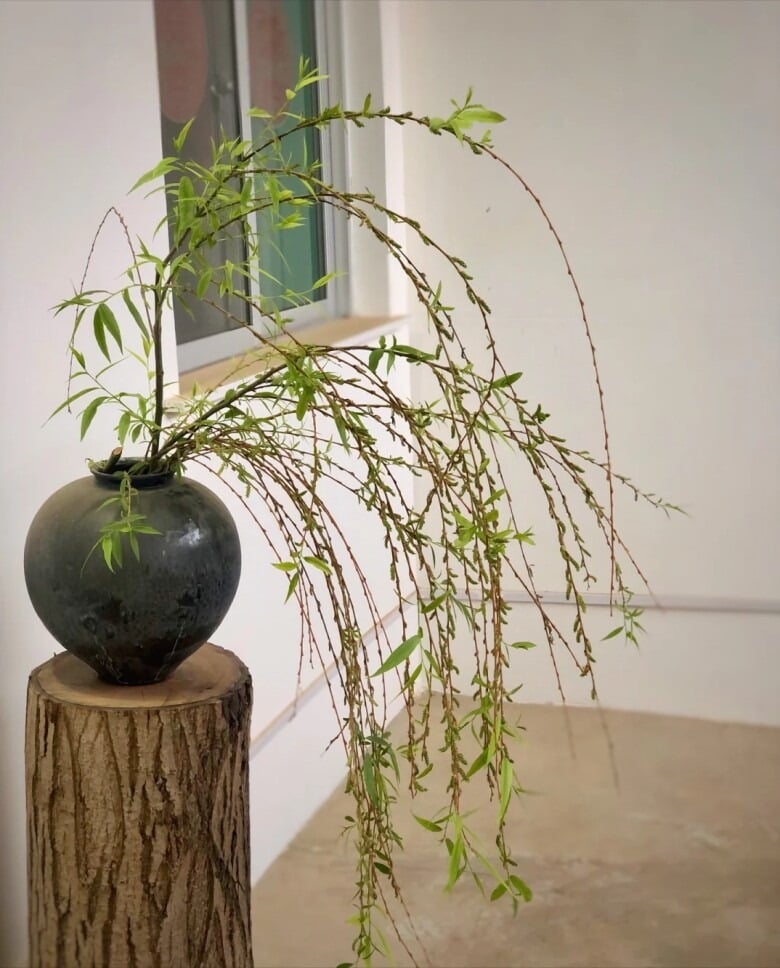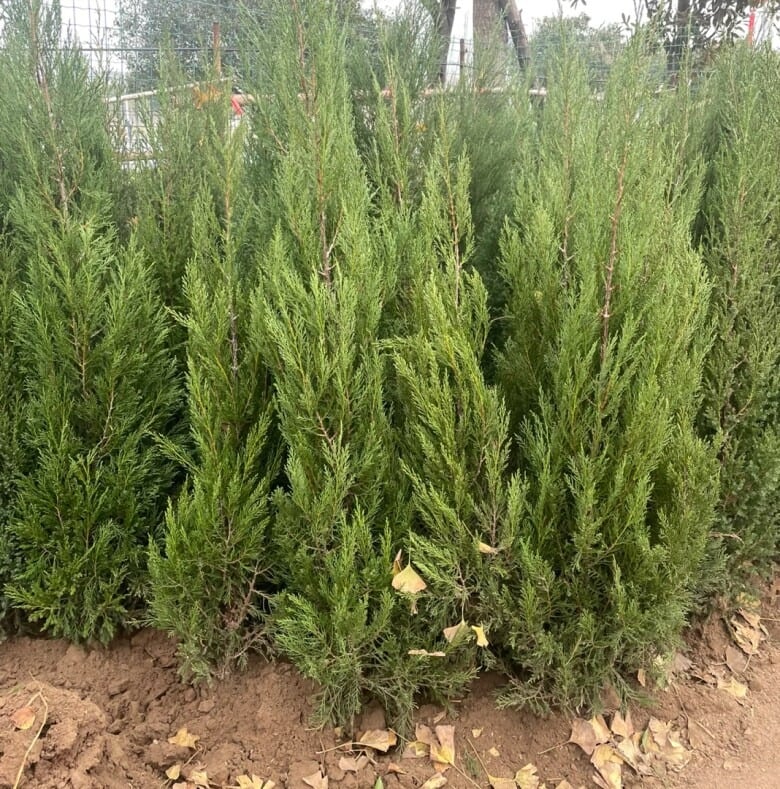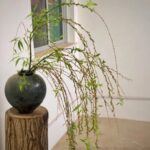Creating a beautiful and vibrant garden can be a rewarding endeavor, but it’s important to be mindful of certain trees and plants that are considered inauspicious in some cultures. In this article, we’ll explore four types of trees that are believed to bring bad luck if planted in your garden or yard.
1. Willow Tree
Willow trees are often associated with sadness and farewells, featuring prominently in ancient literature. Their delicate, swaying branches can evoke a sense of gloom and loneliness. Additionally, the fact that willow trees do not produce seeds may be seen as a symbol of childlessness. The word for willow in Chinese, “liǔ,” sounds similar to the word for separation, “lí,” further reinforcing its association with parting.

Willow trees are often associated with sadness and farewells.
From a practical perspective, willow trees have invasive root systems that can damage underground pipes and even affect the foundation of your home. In terms of feng shui, this characteristic is believed to “draw away” wealth and blessings, making it inadvisable to plant willows near your house.
2. Pagoda Tree
Pagoda trees, also known as sophora japonica, held symbolic significance in ancient times, representing power and wealth. They were often planted in groups of three outside imperial courts to symbolize the three highest-ranking officials: the Grand Marshal, the Grand Secretary, and the Grand Protector.
However, in folk belief, pagoda trees are considered “yin” trees, partly due to their large, dense canopies that block out sunlight. This excess of yin energy is thought to bring bad luck. Additionally, the word “ma” in the Chinese name for the pagoda tree has led to superstitions about planting these trees to “summon spirits.”
Planting pagoda trees in your yard may be seen as inviting misfortune and causing fear and trouble for your household.
3. Chinese Fir
The Chinese fir, with its tall and majestic stature, is often associated with longevity, perseverance, and prosperity. However, due to its common presence in cemeteries, the Chinese fir is believed to carry strong yin energy, representing death and places of rest.

The Chinese fir is associated with longevity and perseverance.
4. Mulberry Tree
Mulberry trees, while providing food for silkworms, are not favored in feng shui. This is mainly due to the similarity in pronunciation between the words “mulberry” and “funeral” in some languages, suggesting that the tree brings bad luck and misfortune.
The dense branches and leaves of the mulberry tree also contribute to its yin energy, creating a somber atmosphere. Many people believe that planting a mulberry tree near the entrance of a house or directly facing it will bring bad luck and should be avoided.
The Kitchen Triangle: Unlocking the Secrets of Home Design
Feng shui in home design plays a pivotal role, especially when it comes to determining the orientation of your bed and stove. This ancient practice holds the power to influence and enhance your daily life and overall well-being. The placement of these key elements can have a profound impact on your health, happiness, and prosperity.





































